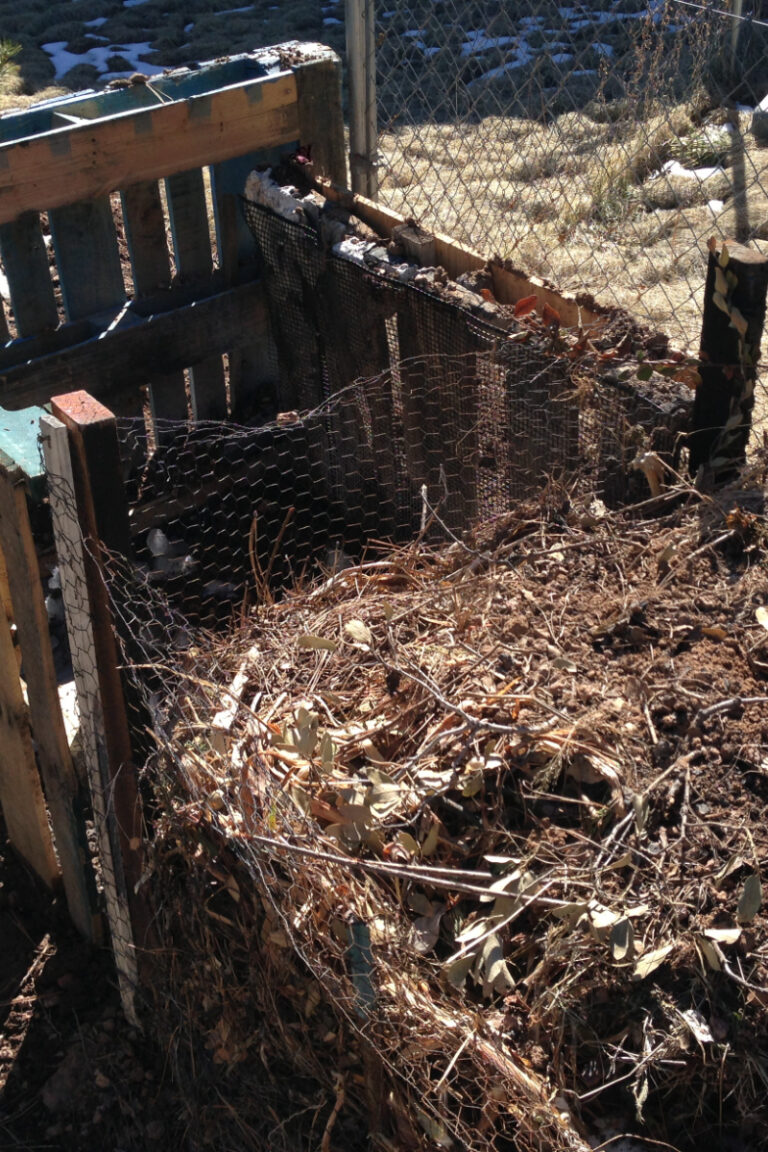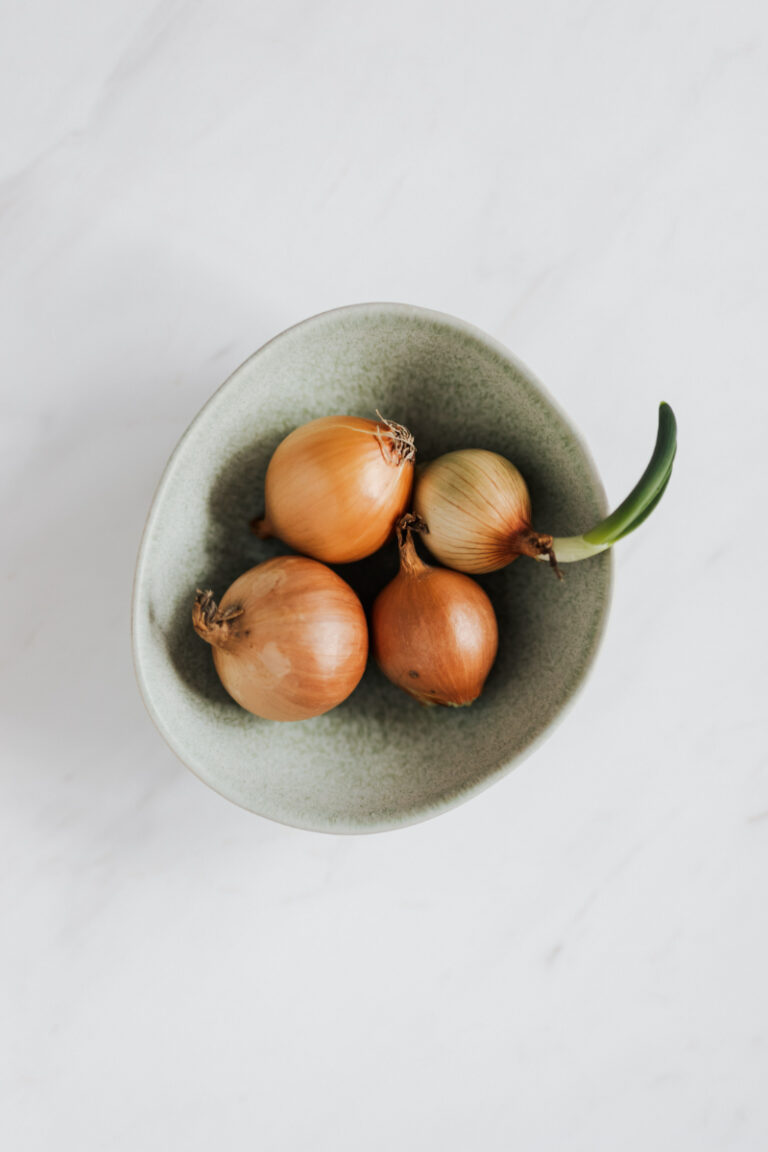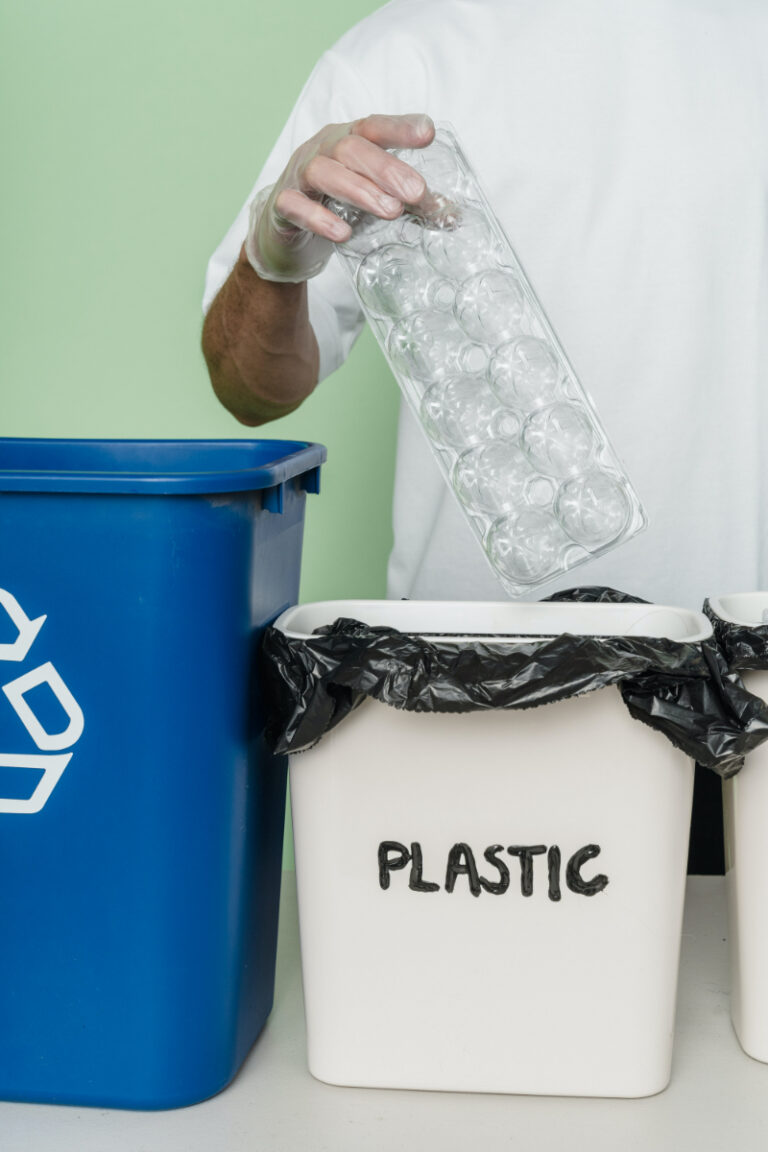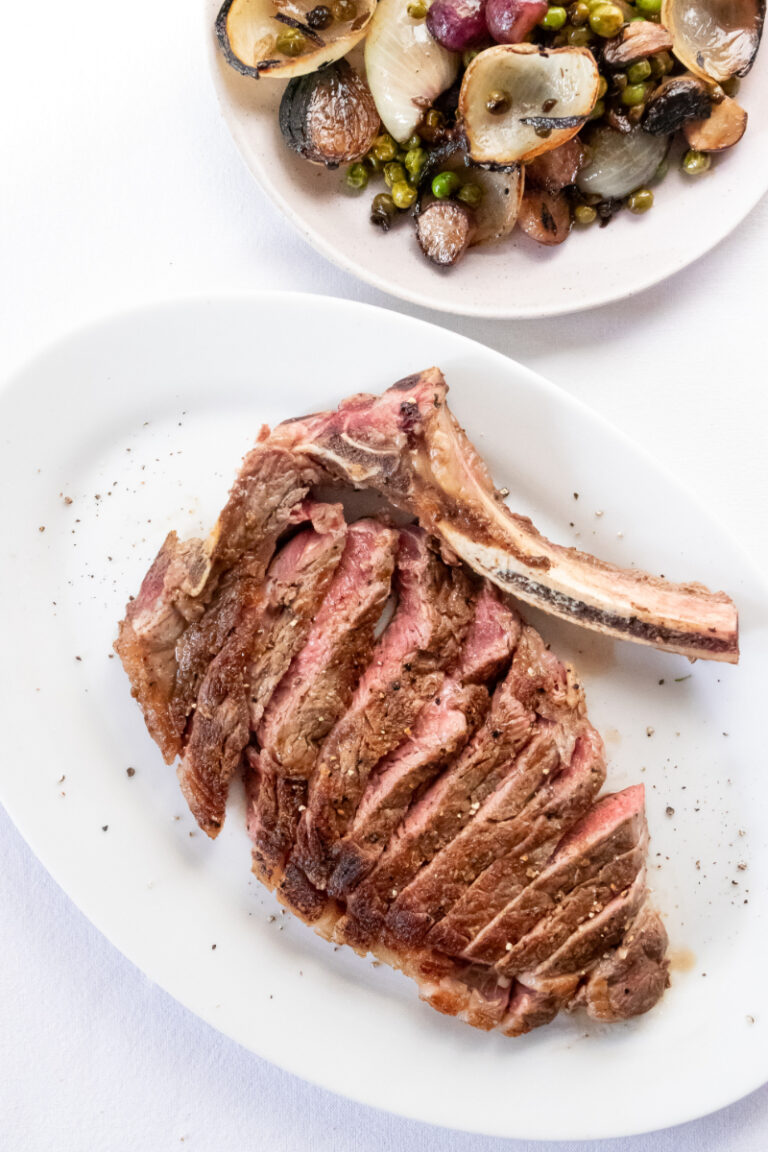Cooked Veggies in Your Compost: Yes or No?
Composting is a natural process that turns organic material into a nutrient-rich soil conditioner. It’s an excellent way to recycle kitchen and garden waste, reducing the amount of waste going to landfill while creating valuable nourishment for your garden.
The importance of composting cannot be overstated. Not only does it contribute to a greener planet by minimizing waste, but it also transforms what would have been trash into a valuable resource for our gardens. Composting enriches the soil, helps retain moisture, and can suppress plant diseases and pests.
This guide will explore a frequently asked question in the world of composting: Can you compost cooked vegetables? We will delve into the pros and cons, potential issues, and best practices to ensure a healthy and productive compost heap.
Can You Compost Cooked Vegetables? An In-depth Guide
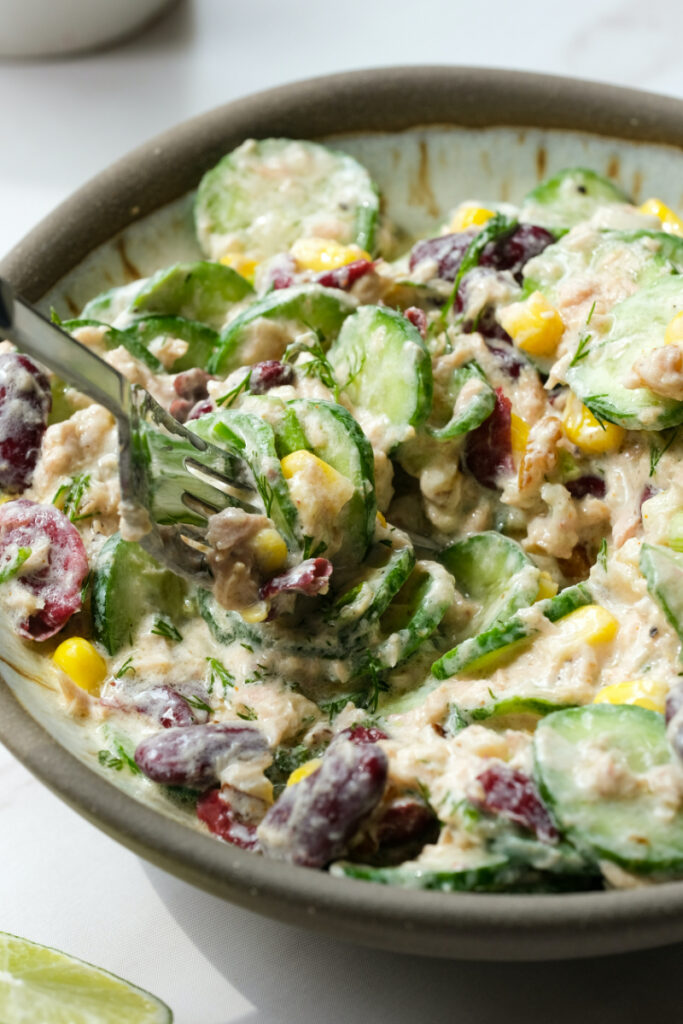
Understanding Composting
Composting is an age-old practice that harnesses the natural process of decomposition to convert organic waste into a valuable soil amendment.
Essentially, it involves managing a pile or bin of organic materials so that they break down over time. This is achieved by providing the right conditions for the microorganisms (bacteria and fungi) that do the work of decomposition.
There are several types of materials suitable for composting, broadly divided into ‘greens’ and ‘browns’. ‘Greens’ are typically moist and rich in nitrogen.
They provide the protein that microorganisms need to grow and multiply. Examples include fruit and vegetable scraps, coffee grounds, and fresh grass clippings.
On the other hand, ‘browns’ are dry materials that are high in carbon. They provide energy for the microorganisms. Examples of ‘browns’ include dried leaves, straw, paper, and wood chips.
The key to successful composting is maintaining a balance between these two types of materials. A good rule of thumb is to aim for a ratio of 2:1 ‘browns’ to ‘greens’. Too many ‘greens’ can result in a smelly, slimy compost pile, while too many ‘browns’ can slow down the composting process.
Temperature and moisture are also important factors in composting. The compost pile should be kept moist but not soggy, and it should heat up as the materials decompose. Turning the compost pile regularly can help maintain these conditions, speeding up the composting process and creating a more uniform product.
Cooked Vegetables and Composting
When it comes to composting, cooked vegetables are somewhat of a contentious issue. The simple answer is yes, you can compost cooked vegetables. They are organic matter, and like all organic matter, they will eventually break down and decompose.
However, the full answer is a bit more complicated. Cooked vegetables bring with them a few potential problems that need to be considered.
On the positive side, cooked vegetables are rich in nutrients and can contribute to the creation of high-quality compost. They have already been broken down somewhat through the cooking process, which means they can decompose faster than raw vegetables. This can speed up the overall composting process and result in nutrient-rich compost.
On the downside, there are a couple of potential issues with composting cooked vegetables that you should be aware of. These mainly revolve around the additional ingredients that are often added to vegetables during cooking, such as oils, butter, salt, and various sauces. These ingredients can be problematic in a compost pile for a couple of reasons.
Firstly, they can attract pests. Animals are drawn to the smell of cooked food, and adding cooked vegetables to your compost pile can turn it into a free buffet for rodents, raccoons, and other unwanted visitors.
Secondly, some ingredients can harm the composting process. Salt, for example, can kill beneficial microorganisms in the compost pile and slow down decomposition. Oils and fats can create a greasy layer in the compost that is difficult for microorganisms to break down, slowing the composting process and potentially creating unpleasant smells.
Potential Issues with Composting Cooked Vegetables
While cooked vegetables carry the potential to enrich your compost pile due to their nutrient-dense composition, they also pose a few potential problems that need to be addressed effectively.
Firstly, and perhaps most notably, composting cooked vegetables can attract pests. The aroma of cooked food is often much stronger than that of raw food scraps, making your compost pile an irresistible draw for animals such as rats, raccoons, and even neighborhood pets. This not only poses a nuisance but can also disrupt the composting process and spread disease.
Another issue is the presence of oils, fats, salt, and sauces that are often used in cooking. Oils and fats, for instance, can create a water-repelling layer within the compost heap, preventing necessary moisture from reaching all areas and slowing down the decomposition process. They can also contribute to unpleasant odors if not properly managed.
Salt, on the other hand, can be harmful to the microorganisms that drive the composting process. High salt concentrations can dehydrate and kill these beneficial organisms, leading to a slower composting process or even a failed compost pile.
Sauces and seasonings can also pose problems. Many contain preservatives and artificial ingredients that aren’t ideal for composting. These substances might not break down properly and could potentially harm the soil and plants where the finished compost is applied.
Best Practices for Composting Cooked Vegetables
Despite the potential issues, composting cooked vegetables can still be done successfully with a bit of extra care and attention. Here are some best practices to follow:
1. Remove Excess Oils and Sauces
Before composting your cooked vegetables, try to remove as much of the oils, fats, sauce, or seasoning as possible. This will help to minimize the risk of attracting pests and creating imbalances in your compost pile.
2. Chop Into Small Pieces
Chopping your cooked vegetables into small pieces will help speed up the composting process. Smaller pieces provide more surface area for the composting microbes to work on, helping them to break down the material more quickly.
3. Balance Your Compost Pile
Remember to maintain a good balance of ‘greens’ and ‘browns’ in your compost pile. If you’re adding a lot of cooked vegetables (which count as ‘greens’), be sure to add plenty of ‘browns’ (like dried leaves or newspaper) at the same time to keep your compost pile balanced and healthy.
4. Turn Your Compost Regularly
Turning your compost pile regularly will help to distribute moisture, speed up the composting process, and reduce odors. It also helps to discourage pests by burying the smell of the cooked vegetables under other compost materials.
5. Consider a Compost Bin with a Lid
If pests are a significant problem in your area, you may want to consider using a compost bin with a secure lid rather than an open compost pile. This can help to significantly reduce the risk of attracting unwanted visitors.
Alternative Ways to Dispose of Cooked Vegetables
If composting cooked vegetables in a traditional compost pile or bin doesn’t suit your situation or if you’re concerned about the potential issues, there are a few alternative methods for disposing of your cooked vegetable scraps.
1. Vermiculture (Worm Composting)
Worm composting, or vermiculture, is an excellent alternative to traditional composting. In this method, you use specific types of worms (typically red wigglers) to consume your kitchen scraps and produce worm castings, a rich and valuable soil amendment.
Worms can handle cooked vegetables well, although you should still avoid adding large amounts of oily or salty foods to your worm bin.
2. Green Bin Collection
Many cities offer green bin collection programs, where you can dispose of all kinds of organic waste, including cooked vegetables. This waste is then composted or otherwise processed on an industrial scale. Check with your local waste management facility to see if this service is available in your area.
3. Donation to Local Farms or Community Gardens
Some local farms or community gardens may accept cooked vegetables for their compost piles. They often have larger compost systems that can handle a wider variety of materials, including some cooked foods. Be sure to check with them first to see what they accept and how they prefer it to be prepared.
4. Bokashi
Bokashi is a Japanese method of composting, which uses a special bran inoculated with beneficial microbes to ferment kitchen waste, including cooked food, meat, and dairy, into a type of compost. A Bokashi system can be a good option if you have lots of cooked food waste to dispose of.
Conclusion
Composting is an eco-friendly way to dispose of kitchen waste, turning it into nutrient-rich compost for your garden. While cooked vegetables can be composted, it’s essential to be aware of potential issues such as attracting pests and the presence of unwanted ingredients like oils, fats, and salt.
However, with careful management and by following the best practices outlined in this guide, you can successfully compost your cooked vegetables without encountering these problems.
Remember to balance your compost pile with an adequate mix of ‘greens’ and ‘browns’, turn your compost regularly, and consider a compost bin with a secure lid if pests are a concern.
If traditional composting isn’t suitable, there are several alternatives available, including worm composting, green bin collection, donation to local farms or community gardens, and the Bokashi method.
Each option has its own advantages and disadvantages, and the best choice depends on your individual circumstances and needs.


